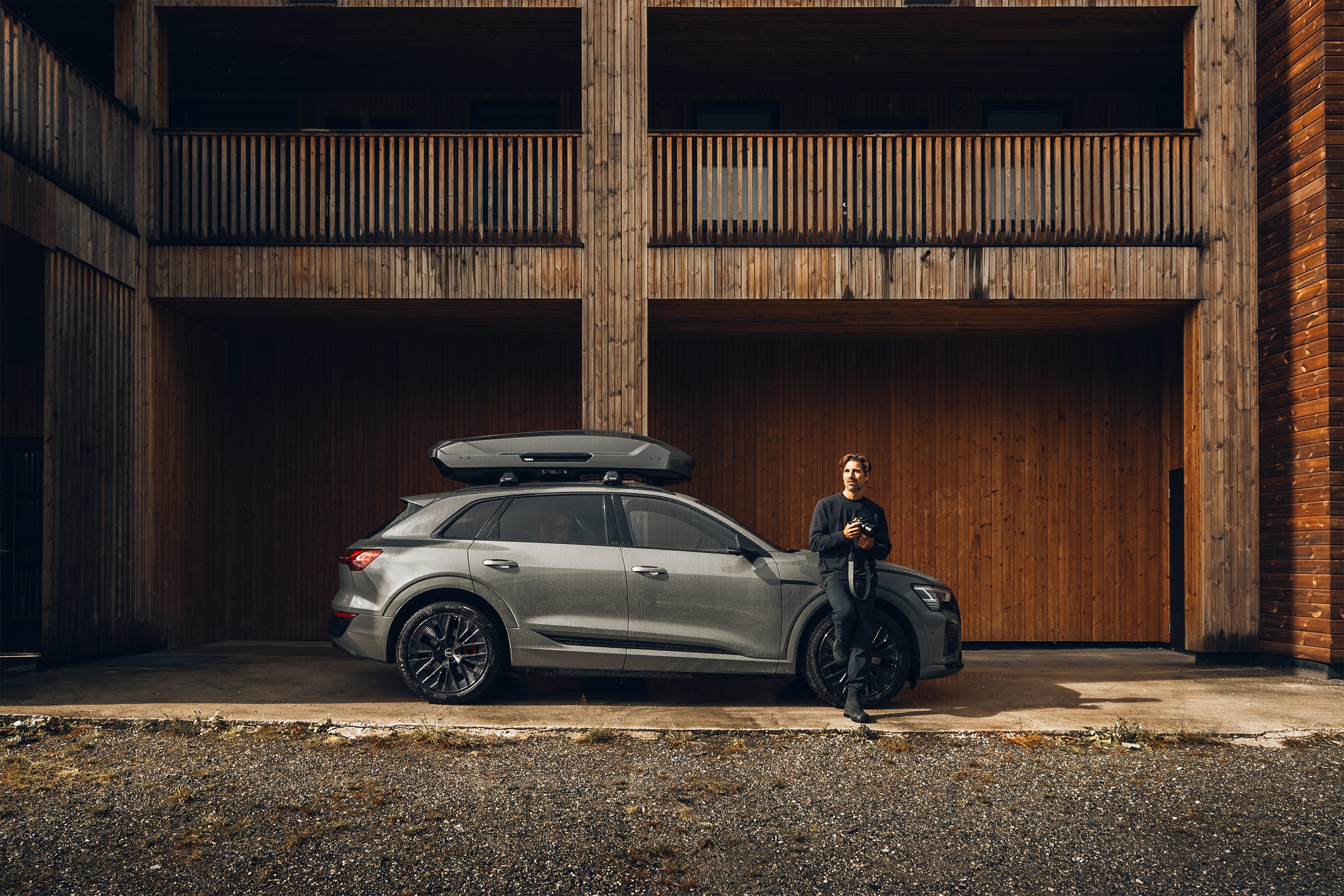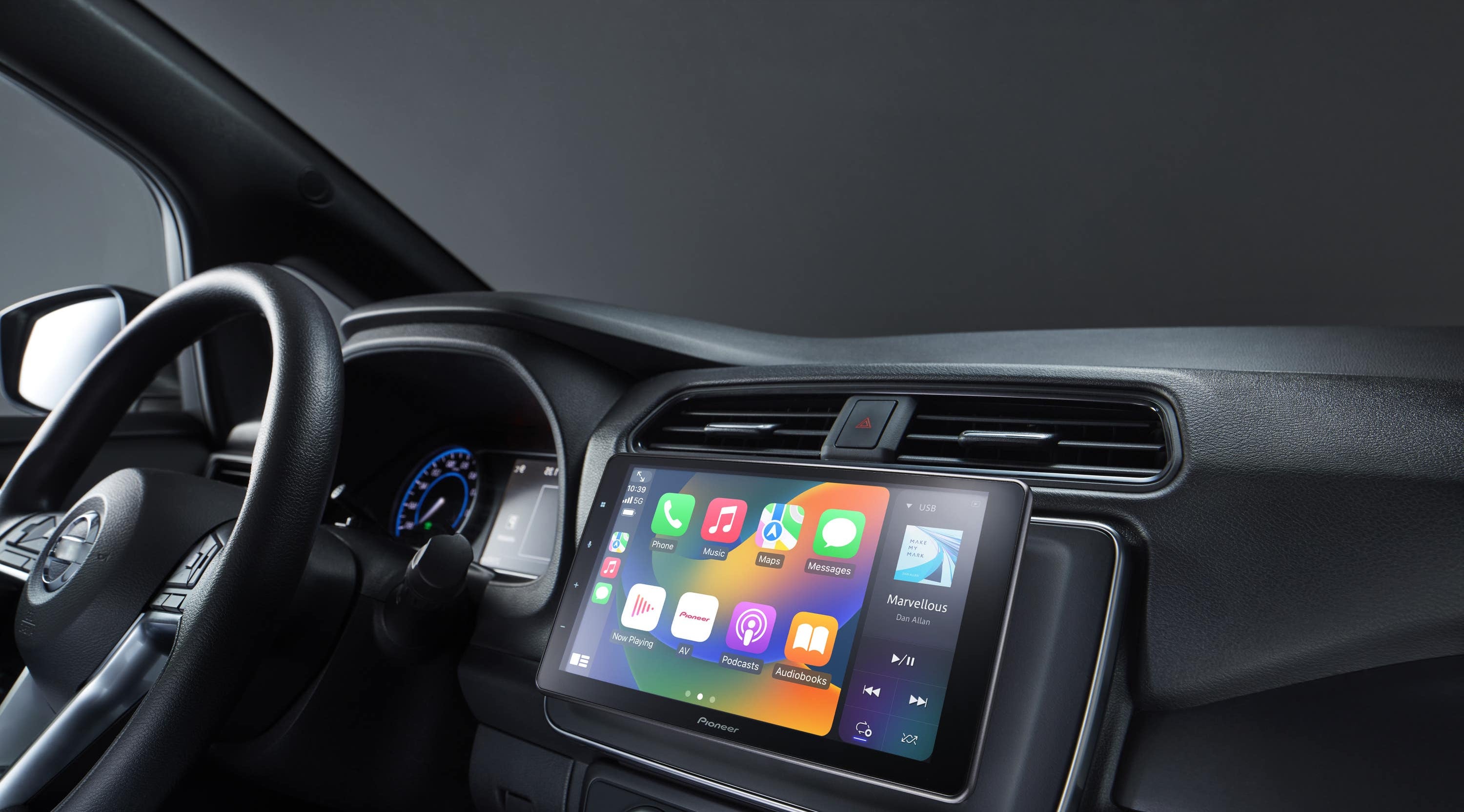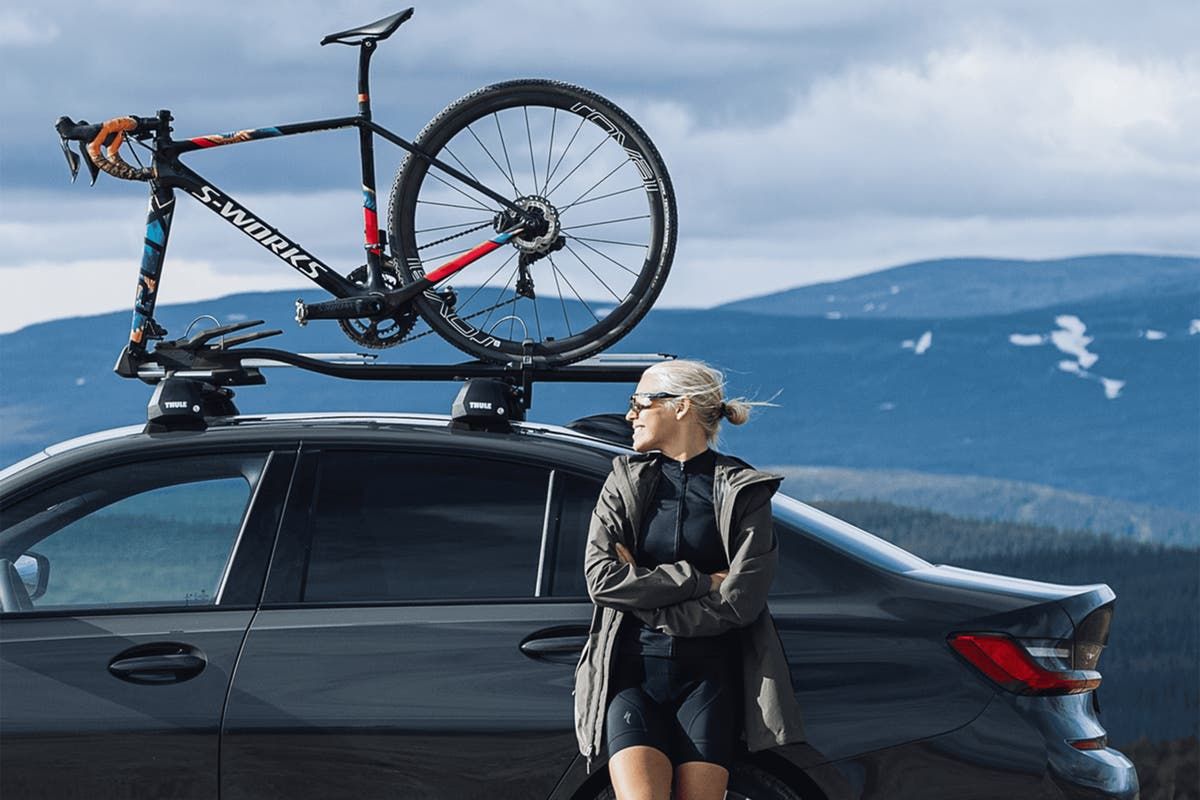Truly support
independent journalism
Our mission is to provide unbiased, fact-based reporting that holds the powerful to account and exposes the truth.
Whether it's $5 or $50, every contribution counts.
Support us in offering journalism without agenda.
The warmer weather of summer brings with it a heightened sense of adventure, so it's only natural to want to pack up the car and head out on an exploratory road trip.
Because of this, many motorists will consider making modifications to their vehicles, whether it's something as simple as tinting the windows to protect them from the sun or bolting a huge tent to the roof – all of these modifications can have an effect on insurance premiums.
In short, most insurance companies consider anything that is not on the manufacturer's official list of accessories to be a modification.
While many simple modifications probably won't cause your current premium cost to skyrocket, they could lead to your provider refusing to cover you in the unfortunate event of an accident.
With this in mind, we look at some popular summer car modifications and explore their potential implications on insurance premiums.
Tow bars
Naturally, many vehicle owners want to carry a larger payload in the summer, due to the appeal of camping trips or cycling adventures. Tow bars offer a great opportunity to tow a small trailer or add bike racks to the rear of the vehicle with a minimum of fuss.
It may seem obvious, but fitting a tow bar means that as a driver you are likely to tow trailers, caravans or bulky items, putting your vehicle at greater risk on the road. In addition, most insurers consider fitting an aftermarket tow bar to be a modification and as a result, they will need to be informed.
In most cases, insurers will simply make a note in their systems and no additional charges will be added, but some may find that premiums increase, so it's worth shopping around with providers to find the best deal.
Roof bars and luggage racks
Again, adding roof racks or a luggage carrier will likely change your vehicle's insurance profile, and some providers consider this an additional risk as it could affect the way the vehicle handles or increase the chances of theft or damage.

Similar to tow bars, aftermarket roof racks and bars (those not fitted at the factory) are considered a modification, so it's advisable to let your insurer know if you've added them.
There have been horror stories of insurers cancelling policies upon notification of a modification, but it is more likely that they will add a note to the policy or charge a small fee for a modification.
Window tint
In addition to adding some aesthetics to your vehicle, window tints can reduce the amount of potentially harmful and distracting sunlight that can enter the cabin during the brighter summer months.
The law requires that all vehicles first used on or after April 1, 1985, must have a front windshield that lets in at least 75 percent of the light and front side windows that let in at least 70 percent of the light.
Traffic police are often equipped with light measuring equipment that analyses window tint and can issue on-the-spot fines for anything that breaks the rules.
Even if window tinting is legal, it can still have an adverse effect on insurance policies since it is classified as a modification.
Additionally, specially tinted glass may be more expensive to repair or replace, which could have a negative impact on the monthly or annual cost of an insurance premium.
Alloy wheels and bodywork.
If loading up your vehicle and hitting the road isn't your idea of a dream summer of motoring, perhaps sprucing up your ride with some new wheels and bodywork is.
Alloy wheels are one of the most common modifications to vehicles, as owners look to reduce the weight of heavy steel options and give their vehicles a sportier look. If the manufacturer did not fit alloy wheels at the factory, adding them is considered a vehicle modification, so it is in everyone's interest to inform the insurer.
If there is a particularly serious problem with alloy wheel theft in your area, premiums may increase. But because wheel replacement is so popular, it usually doesn't carry any large financial penalties.
However, insurers often frown upon adding special body kits or additional body work to a standard vehicle. Not only can these sporty kits affect the way a vehicle handles and rides, they are also typically not built to the same crash protection standards as OEM kits.
This means they are more likely to chip or break in the event of an accident, forcing the insurer to make costly repairs and potentially causing damage to other cars and pedestrians.
According to insurance experts Adrian Flux, adding a body kit can increase your premium by 10 to 15 percent, and the company suggests a specialized modified vehicle policy is best for these types of additions.
Engine and performance improvements
While not limited exclusively to summer, many car owners take advantage of the brighter evenings and warmer days to tackle amateur mechanic jobs such as performing engine upgrades and simple performance tune-ups.
Everything from air filter modifications to aftermarket exhaust systems can improve vehicle performance and change the way you drive, meaning any changes like this should be disclosed to your insurance provider to ensure proper coverage.
That said, upgrading your brake and suspension system to something better than standard parts could actually lead to a reduction in insurance premiums, if your provider considers it a significant safety improvement.
Car sound and entertainment systems
There's nothing worse than being stuck in traffic on a long road trip and only having the FM radio to relieve the boredom. Perhaps that's why many owners of older vehicles decide to upgrade their vehicle's entertainment system to something more modern.

Fortunately, adding an Apple CarPlay and Android Auto compatible head unit probably won't affect your insurance premiums, but it's still worth letting your insurer know.
In some cases, a desirable head unit could increase the risk of vehicle theft and therefore increase premiums.
I am not aware, some insurers may not cover the cost of stolen or broken infotainment equipment if it varies from the standard equipment fitted to the vehicle.












